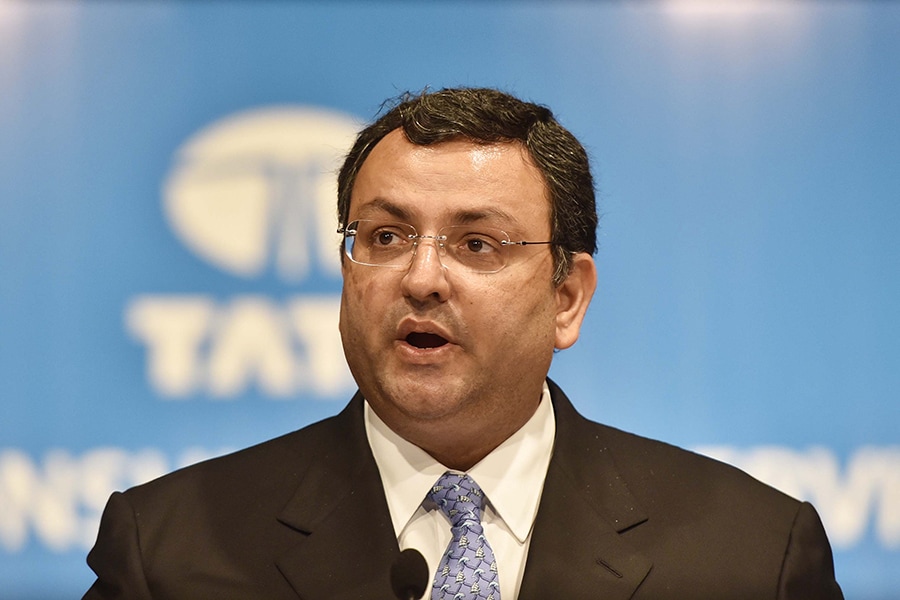
From insiders to outsiders: Mistry family finally ready to let go of crown jewel
With the Shapoorji Pallonji Group publicly announcing its intent to part ways with the Tata Group, the Tatas will have an enormous task ahead to raise adequate funds to pay off their debt
 Image: Getty Images
Image: Getty Images
There certainly wasn’t going to be any handshake. After all, half-a-decade of mudslinging had burnt bridges, leaving no room for reconciliation.
On Sept 22, the Shapoorji Pallonji (SP) Group, led by the 91-year-old billionaire, Pallonji Mistry, finally decided that it had had enough of its 70-year-old association with the 152-year-old Tata Group. The Shapoorji Pallonji group, commonly known as SP Group, has been the largest minority shareholders in the $113 billion Tata Group, with an 18.4 percent stake.
“The SP-Tata relationship spanning over 70 years, was forged on mutual trust, good faith, and friendship,” the group said in a statement. “Today, it is with a heavy heart that the Mistry family believes that a separation of interests would best serve all stakeholder group.”
For the past four years, the Tata Group and the Mistry family have been in the midst of a bitter corporate battle, after Cyrus Mistry, Pallonji’s son and sixth chairman of the Tata Group, was unceremoniously booted out. Pallonji Mistry, through his two-family entities, Sterling Investments and Cyrus Investments, own the 18.4 percent stake in Tata Sons, the holding company of the salt-to-software maker, Tata Group.
“As the largest minority shareholder owning an 18.37% stake, the role hitherto played by the SP Group, was always one of guardianship with an aim to protect the best interests of the Tata Group,” the statement from the company says. “The SP Group had always used its voting rights as a shareholder for the best interest of the Tata Group.”








